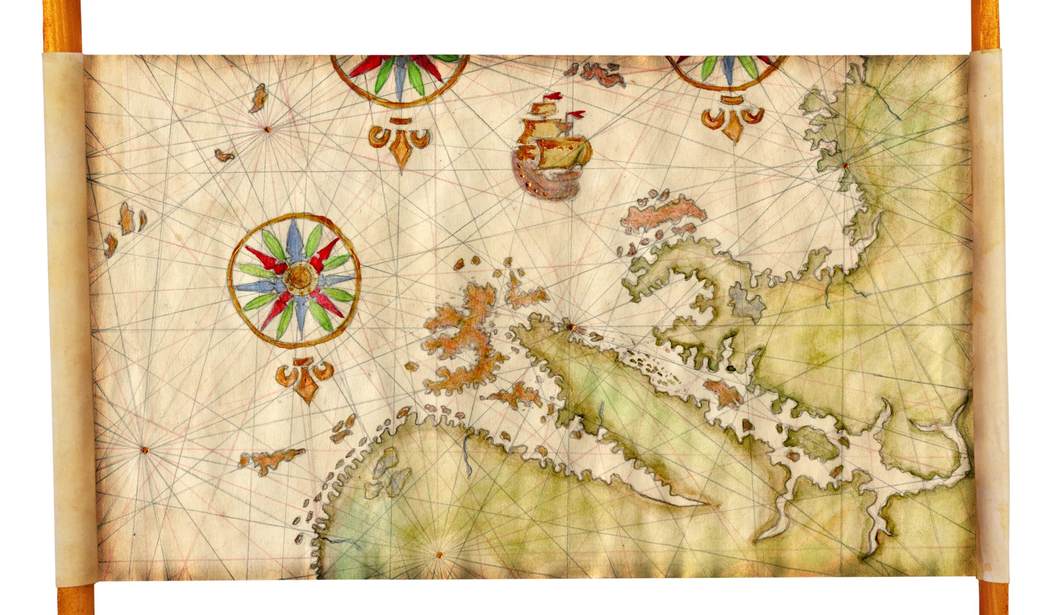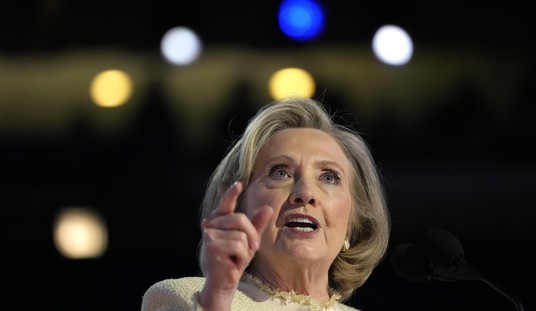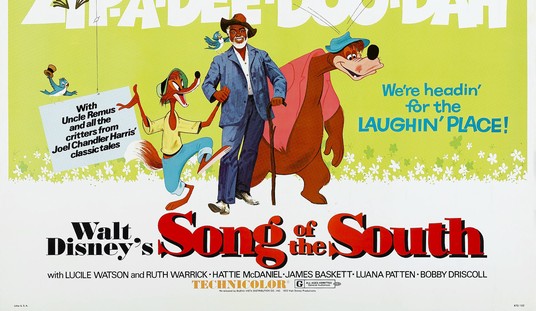After a slow start, North Korean nuclear weapons engineers seem to making definite progress. The intervals between successive nuclear tests are getting shorter while the yields obtained are becoming more consistent. Incremental improvements are also being achieved in their missile systems.
| Date | Days | yield kt |
| 10/9/2006 | 1.3 | |
| 5/25/2009 | 959 | 3.6 |
| 2/12/2013 | 1359 | 11 |
| 1/6/2016 | 1058 | 9 |
| 9/9/2016 | 247 | 25 |
| 4/15/2017 | 218 | ? |
Eventually North Korea will probably develop a viable nuclear-armed ICBM. The atomic genie is slowly but surely crawling out of the bottle. When it does it will undermine the old stabilities. Something must be done, yet no one quite knows what. Secretary of State Rex Tillerson told CBS’ Face the Nation that even China worried that Pyongyang was bad for business.
In an interview with CBS’ “Face the Nation,” Tillerson said he believes Chinese President Xi Jinping agrees the situation in North Korea has “intensified and has reached a certain level of threat that action has to be taken. … there’s a shared view and no disagreement as to how dangerous the situation has become. And I think even China is beginning to recognize that this presents a threat to even to China’s interests as well.”
North Korea represents a crisis in strategy. We desire the ends but are ignorant of the means. The intellectual tools of the old bipolar world are no longer a sure guide to attaining stability. Nuclear proliferation has undermined great powers, even America’s rivals, because it has destroyed their veto power over Armaggedon, a prerogative arguably more important than starting it. In a proliferated world, no one completely rules the roost, not even Russia or China working in concert. The joker is wild.
Entropy has increased — and with it, risk. Proliferation reduces restraint among failed states like North Korea because they believe they can act with impunity under their new nuke umbrellas. At the same time, it reduces the options of great powers trying to contain extortion because the old signaling systems no longer work. Kim Jong Un doesn’t get the message and is pursuing nuclear armaments precisely so he doesn’t have to listen.
North Korea is an example of policy caught on the horns of a dilemma. In that situation one horn is as good as the other. Why is Trump sending Carrier Strike Group 1 to Korea? Because NOT sending it would have made no measurable reduction in risk. So off it goes. The Trump Doctrine seems to be one of risk acceptance, recognizing that doing nothing has a finite but real probability of leading to nuclear conflict.
Like an astronaut trapped in a slowly decaying orbit gradually falling into the atmosphere, Trump is acting as if it were rational to risk something provided the hazard is no greater than doing nothing. The trouble is the that we are off the intellectual map, in terra incognita and all the pundits are uncomfortable with making it up as we go along.
But ignorance is more common than supposed. Revolutions in military affairs almost always create a crisis in strategic thinking. There’s a period when nobody knows the answer. It took till the mid-1950s for strategists to stop regarding nuclear weapons as bigger WW2 bombs. Thinking lagged technology. The Berlin Airlift and the Korean War were challenges that could neither be settled by the World War 2 mindset nor by a deterrent signaling whose vocabulary had not been invented yet.
In Syria and North Korea, we may be witnessing the start of an era of “limited crises” akin to those in the early years of the Cold War, when people had to act without knowing the rules. The new multipolar, proliferated world has a logic we have yet to discover and a language we have yet to set down. Like strangers on some unexplored continent, we shall have to make do with expedients for want of anything better.
Follow Wretchard on Twitter
For a list of books most frequently purchased by readers, visit my homepage.
Support the Belmont Club by purchasing from Amazon through the links below.
Books:
War With Russia: An urgent warning from senior military command, by General Sir Richard Shirreff, former Deputy Supreme Allied Commander Europe. Russia’s invasion and seizure of Georgia in 2008 was our ‘Rhineland moment’. We ignored the warning signs – as we did back in the 1930s – and we made it ‘business as usual’. Crimea in 2014 was the President’s ‘Sudetenland moment’ and again he got away with it. Since 2014 Russia has invaded Ukraine. The Baltics could be next. Our political leaders assume that nuclear deterrence will save us. General Sir Richard Shirreff shows us why this will not wash.
Black Flags: The Rise of ISIS, by Joby Warrick. A thrilling dramatic narrative that traces how the strain of militant Islam behind ISIS first arose in a remote Jordanian prison and spread with the unwitting aid of two American presidents. Warrick drew on unique high-level access to CIA and Jordanian sources, and wove gripping, moment-by-moment operational details with the perspectives of diplomats and spies, generals and heads of state. Winner of the 2016 Pulitzer Prize for general non-fiction.
His Bloody Project: Documents Relating to the Case of Roderick Macrae, by Graeme MaCrae Burnet. A brutal triple murder in a remote Scottish farming community in 1869 leads to the arrest of seventeen-year-old Roderick Macrae. There is no question that Macrae committed this terrible act. What would lead such a shy and intelligent boy down this bloody path? And will he hang for his crime? Presented as a collection of documents discovered by the author, this multilayered novel — centered around an unreliable narrator — will keep the reader guessing to the very end.
Custer’s Trials: A Life on the Frontier of a New America, by T.J. Stiles. This is a biography of Gen. George Armstrong Custer that radically changes the popular view of the man and his turbulent times. Stiles’s portrait of Custer is both deeply personal and sweeping in scope, proving how much of Custer’s legacy has been ignored. He demolishes Custer’s historical caricature, revealing a person in all his complexity while living fully “in time”.
For a list of books most frequently purchased by readers, visit my homepage.
Did you know that you can purchase some of these books and pamphlets by Richard Fernandez and share them with your friends? They will receive a link in their email and it will automatically give them access to a Kindle reader on their smartphone, computer or even as a web-readable document.
The War of the Words, Understanding the crisis of the early 21st century in terms of information corruption in the financial, security and political spheres
Rebranding Christianity, or why the truth shall make you free
The Three Conjectures, reflections on terrorism and the nuclear age
Storming the Castle, why government should get small
No Way In at Amazon Kindle. Fiction. A flight into peril, flashbacks to underground action.
Storm Over the South China Sea, how China is restarting history in the Pacific
Tip Jar or Subscribe or Unsubscribe to the Belmont Club ;










Join the conversation as a VIP Member